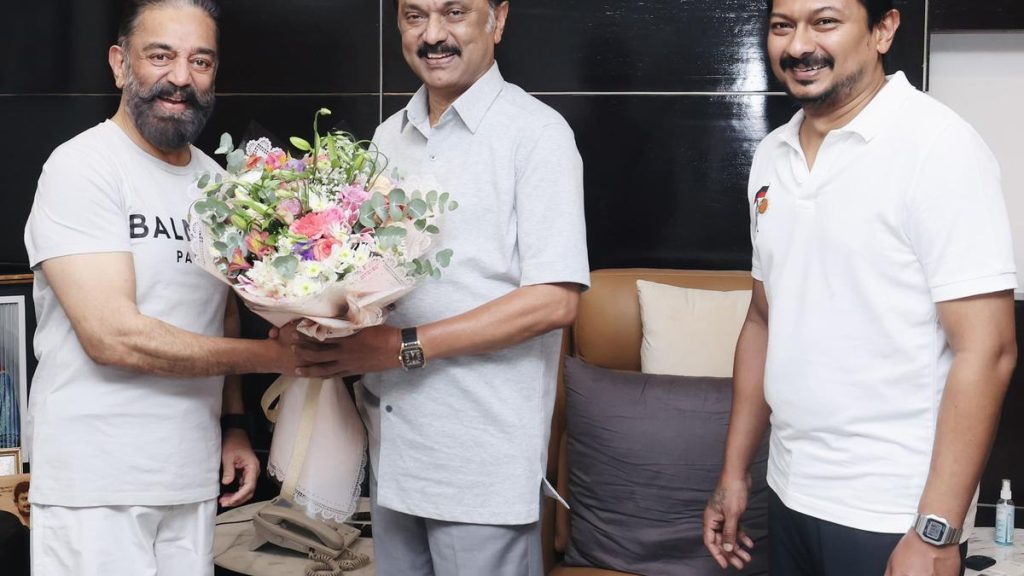Now Reading: West Bengal Govt Asks Calcutta University to Defer Exam for TMC Student Wing Event
-
01
West Bengal Govt Asks Calcutta University to Defer Exam for TMC Student Wing Event
West Bengal Govt Asks Calcutta University to Defer Exam for TMC Student Wing Event

Rapid Summary
- Event: The West Bengal government’s higher education department has requested Calcutta University (CU) to postpone exams scheduled for August 28, the foundation day of Trinamool Congress Chhatra Parishad (TMCP).
- Exams Affected: B.Com Semester 4 and B.A.LLB Semester 4.
- CU’s Stand: vice-Chancellor Shanta Dutta stated that the exam dates will not change.
- Controversy:
– V-C Dutta criticized TMCP leadership, mentioning allegations against some leaders, including involvement in crimes like the South Calcutta Law College rape case.- She described official government letters requesting changes on behalf of political parties as unprecedented and plans to discuss this at an emergency syndicate meeting.
– TMCP State General Secretary Avirup chakraborty argued that scheduling the exams on their foundation day was “disrespectful” and a “intentional attempt to undermine sentiments.”
- Opposition Remark: SFI State Secretary Debanjan Dey condemned TMCP’s behavior as overreach, accusing them of treating educational institutions like personal property.
Indian Opinion Analysis
This situation reflects a conflict between political influence in academia and institutional autonomy. The refusal by CU’s Vice-Chancellor to reschedule examinations points toward a strong stance on maintaining neutrality despite external pressures. Her remarks regarding politicization within educational spaces raise critical questions about governance ethics and institutional independence. The confrontation also underscores broader debates around political parties’ engagement with student wings and whether such interactions compromise academic integrity.
Additionally,student protests led by TMCP highlight how politics can intersect with university administration-a phenomenon not unique but potentially disruptive if unchecked. Opposition voices like SFI further frame this issue as an encroachment on fairness within academic operations-a concern that resonates across various regions where political influences are felt in education.
While it’s essential for universities to remain impartial spaces focused solely on academics, it is indeed equally vital for governments and affiliated organizations to avoid actions perceived as compromising these principles. Calcutta University’s handling of this controversy may set a precedent for other institutions navigating similar dynamics.
Read More: The Hindu





















